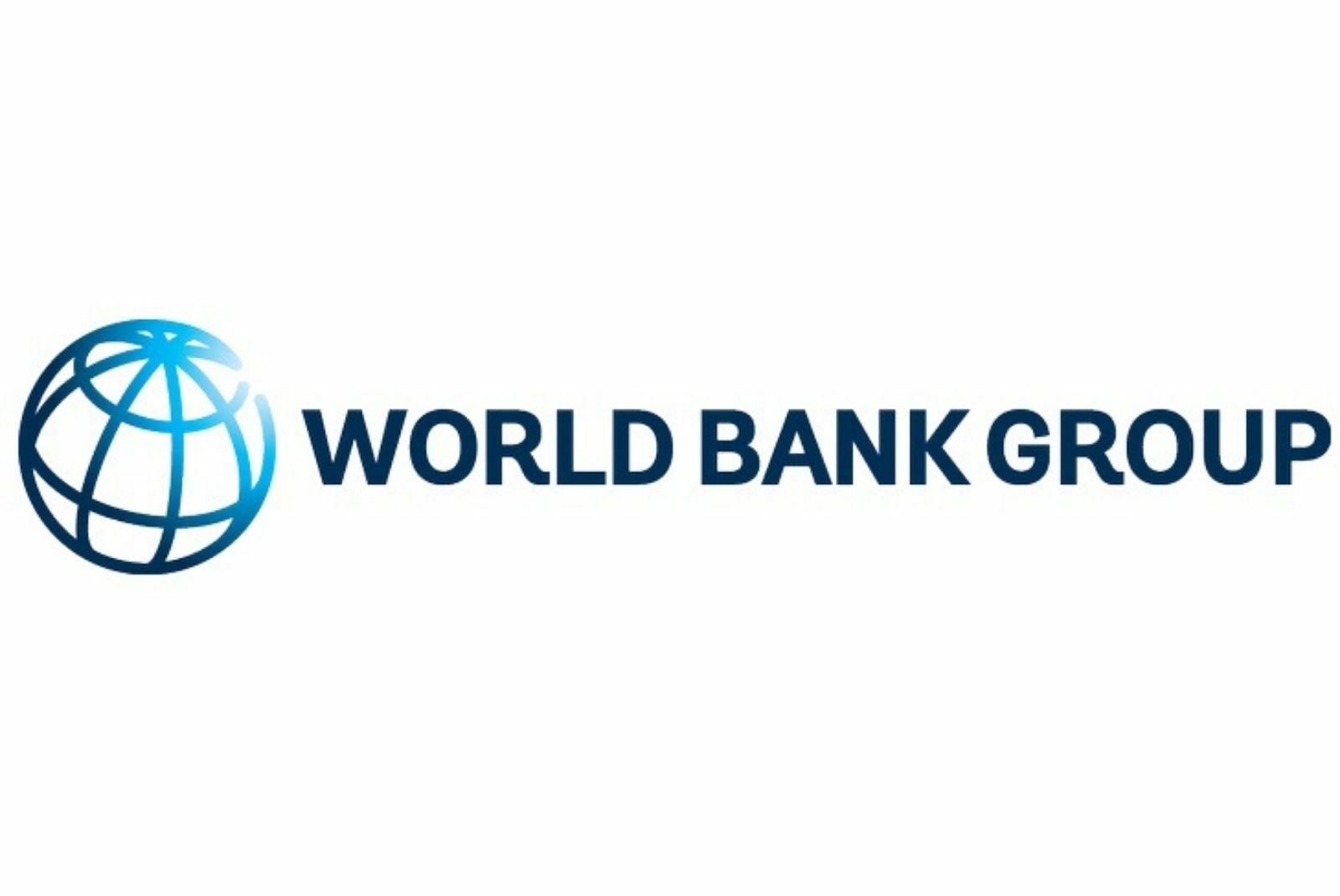According to a new World Bank report, ensuring the private sector can gain access to markets and compete equally with government-run businesses is vital for countries across the Middle East and North Africa (MENA) to create jobs in a region with the highest youth unemployment in the world.
The report, titled “Jobs Undone: Reshaping the Role of Governments toward Markets and Workers in the Middle East and North Africa,” offers policy recommendations for how MENA governments can overcome continuing labor market stagnation that undermines economic development and social progress a decade after the Arab Spring uprising.
Crippling joblessness, especially among MENA youth and women, requires a more prominent and vibrant private sector as well as regulatory reforms for the labor and product markets, says the flagship report.
“This report argues that governments must reshape their relationships toward the private sector, toward workers, and, equally important, toward women. Instead of being active in economic sectors, the state must enable a well-regulated competitive private sector. Instead of controlling worker transitions through an outdated labor code, the state must re-think its social protection and labor market programs. And instead of guarding the legacy of some historical and social norms, the state in the MENA region must be the faithful guardian of gender equity.”
Ferid Belhaj, World Bank Vice President, the Middle East and North Africa
Employment in MENA countries grew one percent per year on average within private sector firms, which is much lower than the five percent average among middle-income peers. Female labor force participation of 20% is the lowest in the world, along with the high youth unemployment rate estimated at 26%.
Using two rounds of World Bank Enterprise Surveys (WBES) available for the first time for the MENA region, the report offers a new perspective on the challenges facing private sector development that is crucial for job creation.
In particular, the report shows how the number and quality of jobs in the economy depend on contestable markets – those in which there is ease of entry and exit of firms, and where the pressure of potential competition always exists. It presents new evidence on product market regulations — which cover policies promoting or inhibiting market contestability — in Egypt, Jordan, Kuwait, Morocco, Saudi Arabia, Tunisia, the United Arab Emirates, and West Bank/Gaza that for the first time enables comparisons within MENA and with 51 countries outside the region.
Most of the region’s economies lack market contestability, the report says, and a major reason is state-owned enterprises that play a dominant role and receive preferential treatment regarding taxes, financing, and subsidies. In addition, many MENA countries have agencies that act as both government regulators and operators in state-owned enterprises, which weakens competition, while price controls and subsidies reduce incentives for private sector participation.
MENA countries also still rely on middle-skill occupations, arguably driven by their very large public sectors, with workers performing significantly fewer tasks that require skills essential for the jobs of the future, such as higher-order cognitive (technical) and socio-behavioral skills, according to the report.
“Governments in the MENA region can avoid another lost decade for current and future generations, by enacting brave and politically feasible reforms. The COVID-19 pandemic, as difficult as it has been, is an opportunity to support a resilient and inclusive recovery that generates better jobs while addressing both the immediate devastation wrought by the disease and longer-term challenges.”
Federica Saliola, Lead Economist with the Social Protection and Jobs Global Practice, the World Bank
To improve market contestability, the report says governments should reduce the dominance of state-owned enterprises, for example, by eliminating exclusions and exceptions from competition, procurement and tax laws that are applied to private operators.
The report also calls for reforms in some countries to address restrictions on women working in specific industries, as well as limited working hours for women, unequal pay compared to men, and the need for women to obtain spousal permission to get jobs.
“A dynamic private sector is the cornerstone of good jobs. The spirit of entrepreneurship and innovation can propel economies down serendipitous paths of prosperity. Young people are energized as they participate in the private sector, learn valuable skills, and gain a sense of purpose as they become stewards of their own destiny. But for far too long, this has not been the case for the Middle East and North Africa region.”
Asif Islam, Senior Economist in the MENA Office of the Chief Economist, the World Bank
Noting the potential political and social opposition to such reforms, the report advocates an incremental approach to structural changes and focusing initially on emerging sectors such as the digital economy and green economy — which have fewer incumbents and powerful interest groups — to minimize the political challenges.
To demonstrate the opportunities that already exist, the report includes seven case studies of young entrepreneurs who have launched job-creating businesses in recent years, despite the challenging environment compounded by the COVID-19 pandemic. The case studies document how these men and women from Egypt, Jordan, Lebanon, Morocco, Saudi Arabia, Tunisia, and West Bank/Gaza overcame obstacles, including difficulty obtaining financing and onerous regulations to launch their businesses.











